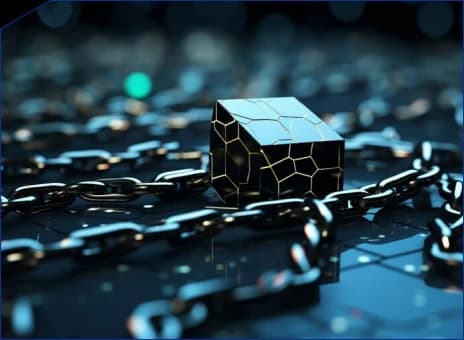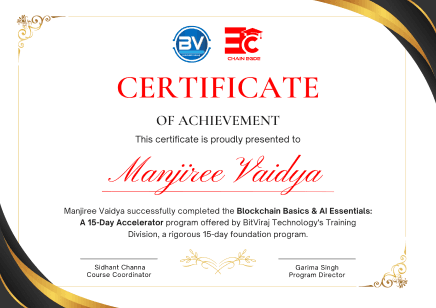BitViraj Technologies - Your Gateway to
Tomorrow's Innovations

Executive Summary
Ethereum and EVM-compatible chains power DeFi, NFTs and many Web3 services — but their complexity introduces cybersecurity challenges. This guide covers how to perform digital forensics on these networks: from data collection and transaction tracing to smart contract audits, visualization and cross-chain investigations.
Key Areas of Forensic Analysis
- Transaction Trails: Follow fund flows to detect laundering or ransomware proceeds.
- Smart Contract Audits: Find vulnerabilities that enable exploits and theft.
- Anomalous Behavior Detection: High-frequency or abnormal token movements.
- DeFi Protocol Analysis: Flash loans, liquidity drains and rug-pulls.
- Cross-Chain Activity: Track wrapped assets and bridge movements across EVM chains.
Step-by-Step Forensic Workflow
Step 1 — Data Collection
Identify the target network (Ethereum, Polygon, BNB Chain) and gather blockchain data using explorers and provider APIs.
- Explorers: Etherscan, BscScan, Polygonscan.
- APIs: Infura, Alchemy for scalable access.
- Extract logs and events using Tenderly, Hardhat or Ganache for replaying transactions.
Step 2 — Transaction & Cluster Analysis
Trace flows, cluster related wallets and analyze gas patterns to surface suspicious activity.
Step 3 — Smart Contract Security Assessment
Review source code, use static/dynamic analysis tools and trace function calls to identify reentrancy, access control or arithmetic vulnerabilities.
Step 4 — Visualization
Graph wallets and flows using Neo4j, GraphSense or Gephi to convert complex on-chain interactions into actionable insights.
Step 5 — Anomaly Detection
Detect microtransaction patterns, sudden liquidity drains, and interactions with flagged wallets using TRM Labs, Crystal Blockchain, or custom ML models.
Step 6 — Cross-Chain Investigation
Trace bridged assets, wrapped tokens and multi-chain liquidity movements to follow the full value chain.
Step 7 — Documentation & Reporting
Capture hashes, contract addresses, logs; produce timelines, flow-graphs and legally admissible reports for investigators and prosecutors.
Recommended Tools & Platforms
| Category | Tools |
|---|---|
| Blockchain Explorers | Etherscan, BscScan, Polygonscan |
| Transaction Monitoring | Chainalysis, Elliptic, TRM Labs, Crystal |
| Smart Contract Analysis | MythX, Slither, Securify, Tenderly |
| Visualization | Maltego, GraphSense, Neo4j |
| Cross-Chain | Chainalysis Reactor, Merkle Science |
Challenges & Mitigations
- Pseudonymity: Combine clustering, exchange KYC, and off-chain intel to map identities.
- Obfuscation Techniques: Monitor mixers and flagged addresses; use advanced tracing tools.
- High Data Volume: Leverage big-data forensics, ML and graph databases for aggregation.
- Regulatory Uncertainty: Use compliance-oriented tools and foster international cooperation.
Conclusion
Forensic analysis on EVM-based chains is essential for securing decentralized systems. By following a structured workflow, using the right tools and documenting findings carefully, investigators can detect exploits, trace illicit funds and support legal action. BitViraj Technology continues to advance capabilities in blockchain security and forensic intelligence.
Case Studies
Empowering Digital
Evolution
Blogs
Empowering Digital
Evolution
BitViraj Technologies - Your Gateway to
Tomorrow's Innovations
Embark on a DigitalJourney


The next-generation digital technology company Bitviraj has the potential to empower and reinvent business in the current fast-paced market.
Our Service
- Website Development
- Application Development
- Blockchain Development
- Gaming and Metaverse








